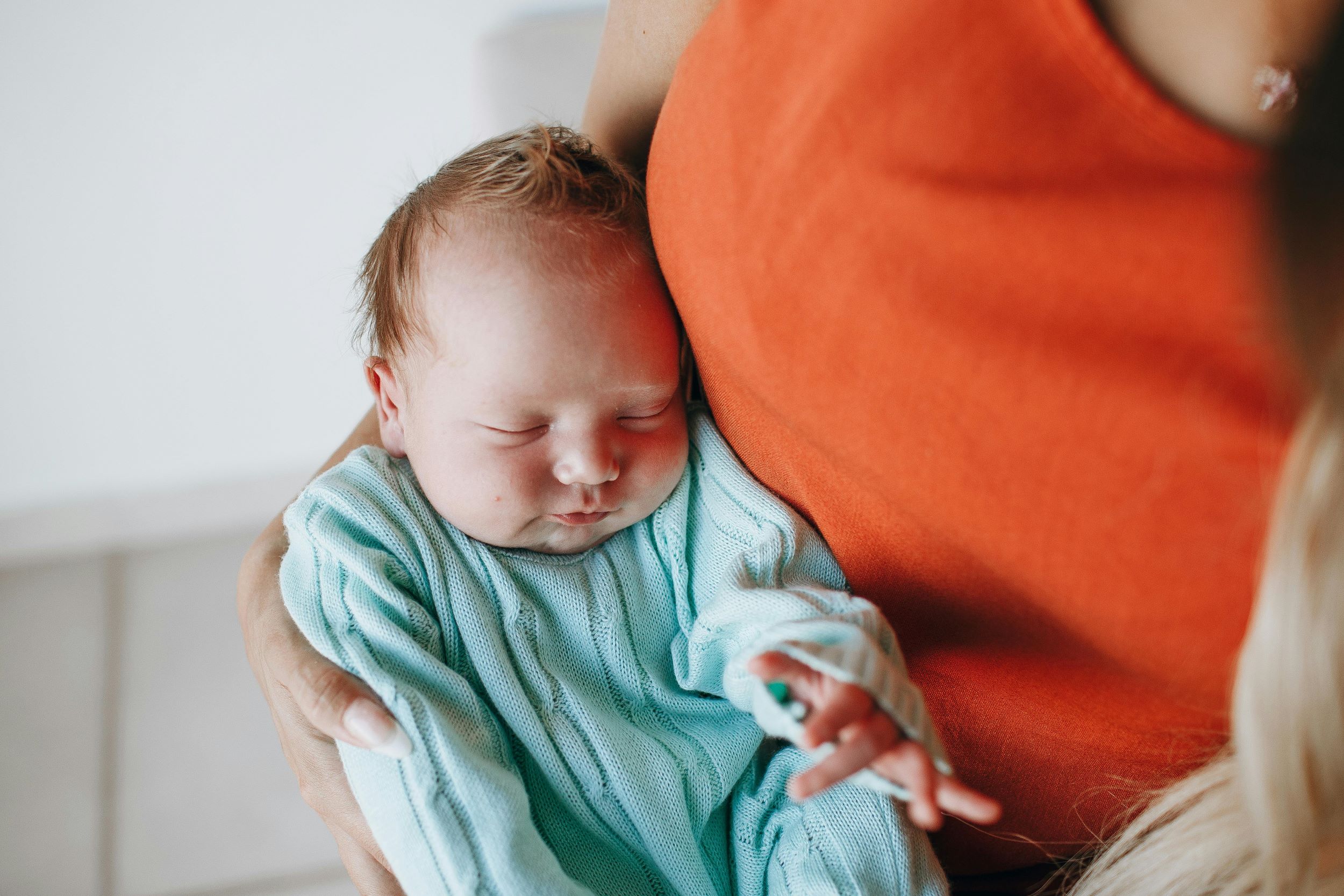Search
Showing results for "early life"
Research
Airway Microbiota Dynamics Uncover a Critical Window for Interplay of Pathogenic Bacteria and Allergy in Childhood Respiratory DiseaseTo complement early allergic sensitization, monitoring NPM composition may enable early detection and intervention in high-risk children

This study explores the role of infant sleep in early childhood development.
Research
Relationship between family quality of life and day occupations of young people with Down syndromeThis study aimed to explore relationships between family quality of life, day occupations and activities of daily living of young persons with Down syndrome.
Research
Viral respiratory infections and the oropharyngeal bacterial microbiota in acutely wheezing childrenBacterial airway microbiome is highly variable in early life and its role in wheeze remains less clear than viral influences
Research
The ORIGINS ProjectORIGINS is a new birth cohort study, collecting detailed information about the early environment's influence on a broad range of non-communicable diseases
Research
Can positive mindsets be protective against stress and isolation experienced during the covid-19 pandemic? A mixed methods approach to understanding emotional health and wellbeing needs of perinatal womenThe aim of this study was to explore the relationship between emotional health and wellbeing and support needs of perinatal women during the COVID-19 pandemic, and to understand their experiences and need for support. This is a potentially vulnerable group and a critical developmental phase for women and infants.
Research
An Australian Consensus on Infant Feeding Guidelines to Prevent Food Allergy: Outcomes From the Australian Infant Feeding SummitInfant feeding in the first postnatal year of life has an important role in an infant's risk of developing food allergy
Research
Developmental origins of psycho-cardiometabolic multimorbidity in adolescence and their underlying pathways through methylation markers: a two-cohort studyUnderstanding the biological mechanisms behind multimorbidity patterns in adolescence is important as they may act as intermediary risk factor for long-term health. We aimed to explore relationship between prenatal exposures and adolescent's psycho-cardiometabolic intermediary traits mediated through epigenetic biomarkers, using structural equation modeling (SEM).
Research
Long-term derangement of antigen presenting cell populations in the respiratory tract following Influenza A infectionThis project investigates how different populations of cells within the respiratory tract immune system are altered during a viral infection.
Research
Protocol for the Australian Type 1 Diabetes National Screening Pilot: Assessing the feasibility and acceptability of three general population screening models in childrenOne third of Australian children diagnosed with type 1 diabetes present with life-threatening diabetic ketoacidosis (DKA) at diagnosis. Screening for early-stage, presymptomatic type 1 diabetes, with ongoing follow-up, can substantially reduce this risk (<5% risk). Several screening models are being trialled internationally, without consensus on the optimal approach. This pilot study aims to assess three models for a routine, population-wide screening programme in Australia.
